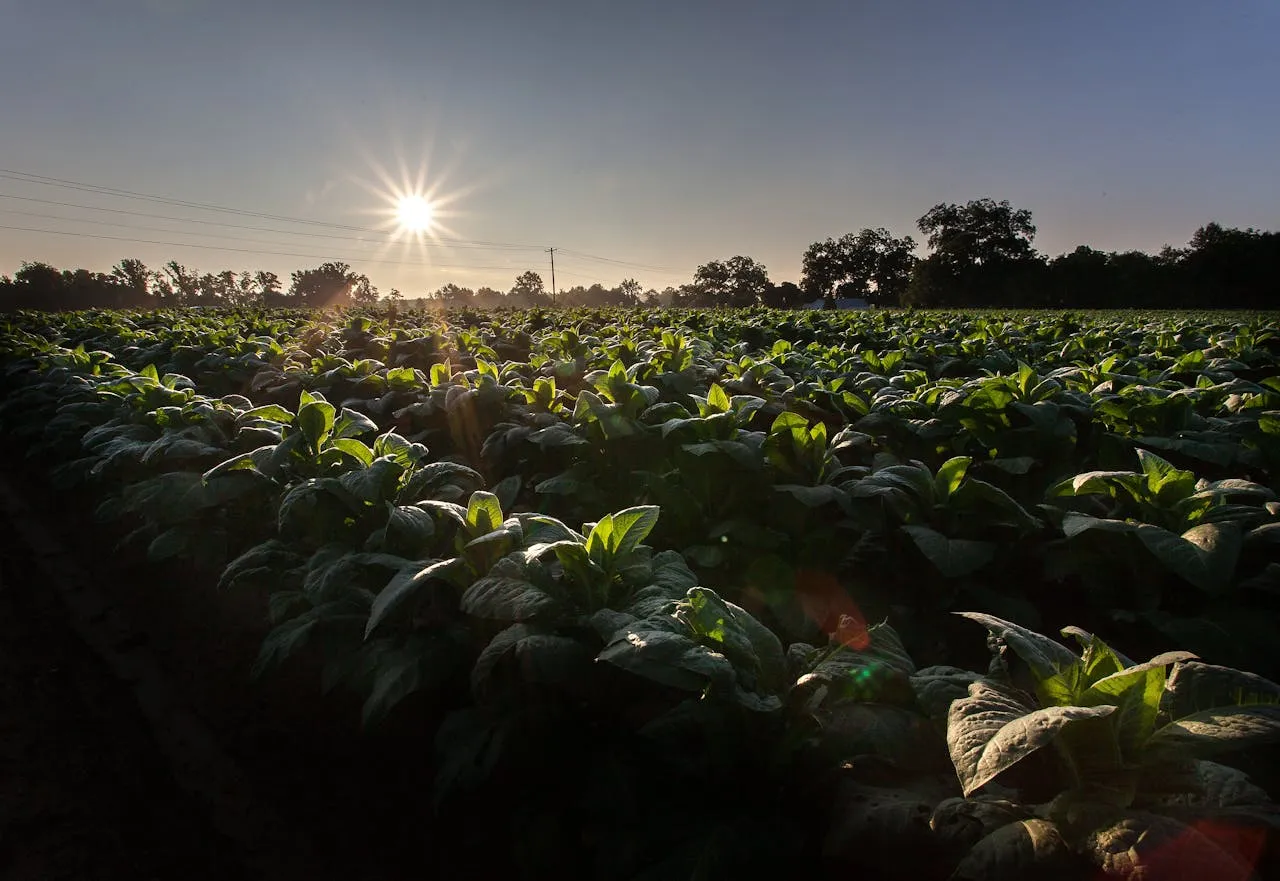
FoodChain ID has announced that Mulino Bianco’s Buongrano has earned certification under the FoodChain ID Regenerative Agriculture (RGN) Certification, making it the first Italian bakery brand to introduce a cookie made with 100% regenerative soft wheat flour. This certification represents a significant milestone for both the Italian food sector and global efforts to advance more sustainable agricultural systems.
The new certification provides independent verification of regenerative agricultural outcomes—a process designed to validate improvements in soil health, biodiversity, and climate resilience. Consumers will now see the FoodChain ID RGN mark displayed on Buongrano’s packaging, signaling that the product’s ingredients are sourced from farms actively adopting and measuring regenerative practices that support ecosystem restoration.
A Global Standard for Regenerative Agriculture
The FoodChain ID Regenerative Agriculture Certification is built upon ISO 17065 principles, ensuring consistency, credibility, and traceability across supply chains. It is a globally applicable, outcome-based framework that evaluates real-world environmental improvements rather than prescriptive practices.
The program recognizes and supports agricultural methods that:
- Restore degraded soils and increase organic matter.
- Enhance biodiversity in crop systems and surrounding habitats.
- Improve water infiltration and nutrient cycling.
- Sequester carbon, contributing to climate change mitigation.
- Build long-term climate resilience for farming communities.
Through this certification, FoodChain ID provides producers and brands with the ability to quantify and communicate progress toward regenerative outcomes using transparent, science-based criteria.
For Mulino Bianco, this means that Buongrano’s soft wheat flour now carries independent assurance of its regenerative impact—further strengthening the brand’s reputation for responsible sourcing and innovation.
The Buongrano Journey: From Sustainability to Regeneration
The Buongrano project began in 2018 as part of La Carta del Mulino (“The Mill Charter”), Mulino Bianco’s comprehensive code of practice for sustainable soft wheat cultivation. La Carta del Mulino was developed to ensure:
- High product quality rooted in careful grain selection.
- Protection of local biodiversity and pollinator populations.
- Fair recognition and compensation for farmers adopting better agricultural practices.
Over the past seven years, this initiative has evolved from sustainability commitments to measurable regenerative outcomes. Now, Buongrano returns to shelves with a renewed identity focused on environmental impact, featuring flour that meets FoodChain ID’s rigorous regenerative agriculture standards.
This achievement represents more than just a certification—it signifies Mulino Bianco’s long-term commitment to transforming its ingredient sourcing model. The company has announced plans to extend the use of regenerative soft wheat flours across all product categories by 2030, scaling its impact beyond a single product line.
Setting a New Benchmark for the Bakery Industry
By achieving certification for Buongrano’s regenerative soft wheat flour, Mulino Bianco sets a new benchmark in Italy’s bakery sector and beyond. Regenerative agriculture has emerged as one of the most promising approaches to addressing key environmental challenges within the global food system.
Unlike traditional sustainability frameworks that focus primarily on reducing harm, regenerative agriculture seeks to actively restore ecosystems and strengthen natural processes. For a heritage brand like Mulino Bianco—long recognized for its role in shaping Italian baking traditions—this step aligns heritage craftsmanship with cutting-edge environmental innovation.
Verified Impact, Traceable Progress
FoodChain ID’s RGN certification ensures that claims around “regenerative” ingredients are credible, verifiable, and traceable. This is particularly critical at a time when consumer demand for transparency in food sourcing is growing rapidly.
The certification process involves a combination of on-farm data collection, performance metrics, and third-party verification to measure outcomes across multiple impact areas, such as:
- Soil carbon levels and organic matter improvement.
- Biodiversity indices based on species richness and pollinator activity.
- Water use efficiency and soil moisture retention.
- Greenhouse gas emission reduction through carbon sequestration.
These measurable results not only help farmers and brands demonstrate genuine progress but also support connections to climate-finance mechanisms that reward verified environmental benefits.
Industry Leadership and Global Perspective
“We are honored that Buongrano’s soft wheat flour is certified under our Regenerative Agriculture Certification (RGN),” said Dr. Chetan Parmar, Senior Vice President of Technical Services for Europe and Asia at FoodChain ID.
“For nearly 30 years, FoodChain ID has helped brands and producers translate sustainability intent into credible, verifiable results—from farm to finished product. RGN’s outcome-based approach gives companies the confidence to scale regenerative practices, substantiate claims, and connect their efforts to climate-finance pathways.”
Dr. Parmar’s statement underscores the certification’s role in linking corporate sustainability goals with broader environmental and financial systems. By participating in a verified regenerative framework, companies like Mulino Bianco gain not only market differentiation but also access to tools for long-term resilience—both ecological and economic.
The Road Ahead: From Pilot to Systemic Change
Mulino Bianco’s success with Buongrano reflects a broader movement across Europe’s agri-food sector. As food companies respond to climate challenges, regenerative agriculture offers a pathway to restore ecosystems, empower farmers, and rebuild consumer trust.
By 2030, Mulino Bianco’s goal to source regenerative soft wheat across all product lines could translate to:
- Thousands of hectares of farmland under regenerative management.
- Substantial increases in soil carbon storage across Italy’s wheat-growing regions.
- Greater biodiversity protection, particularly for pollinators and soil organisms.
- Enhanced farmer livelihoods, supported by transparent partnerships and fair contracts.
Each of these outcomes contributes to the European Green Deal’s objectives for sustainable food systems, positioning Mulino Bianco as a front-runner in regenerative transformation.
About FoodChain ID
With nearly three decades of expertise, FoodChain ID is a global leader in sustainability certification, supply chain compliance, and product verification. The organization works with food brands, farmers, and manufacturers to help them translate environmental and social goals into measurable performance outcomes.
Its Regenerative Agriculture Certification (RGN) represents one of the most comprehensive and scientifically grounded frameworks for verifying regenerative practices worldwide. The certification empowers brands to make claims that are not only meaningful but also backed by transparent, data-driven results.
A Regenerative Future for Italian Baking
The certification of Buongrano marks a turning point in Italy’s food industry, proving that even traditional categories like biscuits can evolve toward regenerative sourcing and measurable environmental progress.
For consumers, it offers a simple yet powerful choice: a familiar product made with ingredients that help heal the planet. For the broader industry, it signals the beginning of a new era—where heritage brands and global sustainability frameworks work hand in hand to restore the health of people, soils, and ecosystems.
As Mulino Bianco moves toward its 2030 goal, the Buongrano project stands as both a symbol of Italy’s agricultural innovation and a tangible example of how regenerative certification can transform the food system from the ground up.




